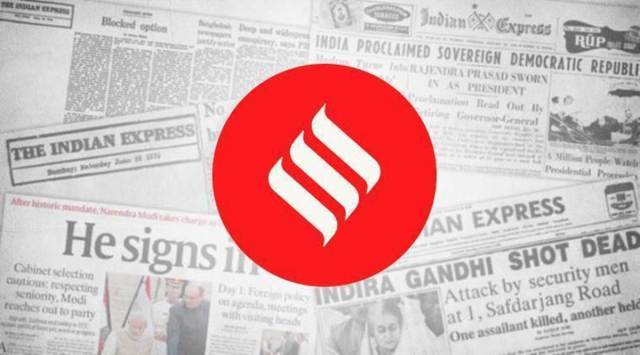
Two years ago, the Supreme Court struck down a colonial-era law that had made homosexuality a criminal offence in India — the judgment expanded the idea of constitutional freedom and equality in a substantial way. It is disappointing, then, that the solicitor-general of India chose to oppose a public interest litigation in the Delhi High Court seeking the registration of same-sex marriages under the Hindu Marriage Act, 1955 in the name of “our law, legal system, society and values”.
They must, in fact, do more and own up to the radical promise of the SC ruling: What is no longer criminal deserves the space to flower and shape its own destiny. Marriage is entwined with emotional as well as material realities. All individuals, straight or queer, being equal in the eyes of the Constitution, it is only natural that the queer community will demand such a legal recognition. To reach that eventual goal, a wider conversation is needed.